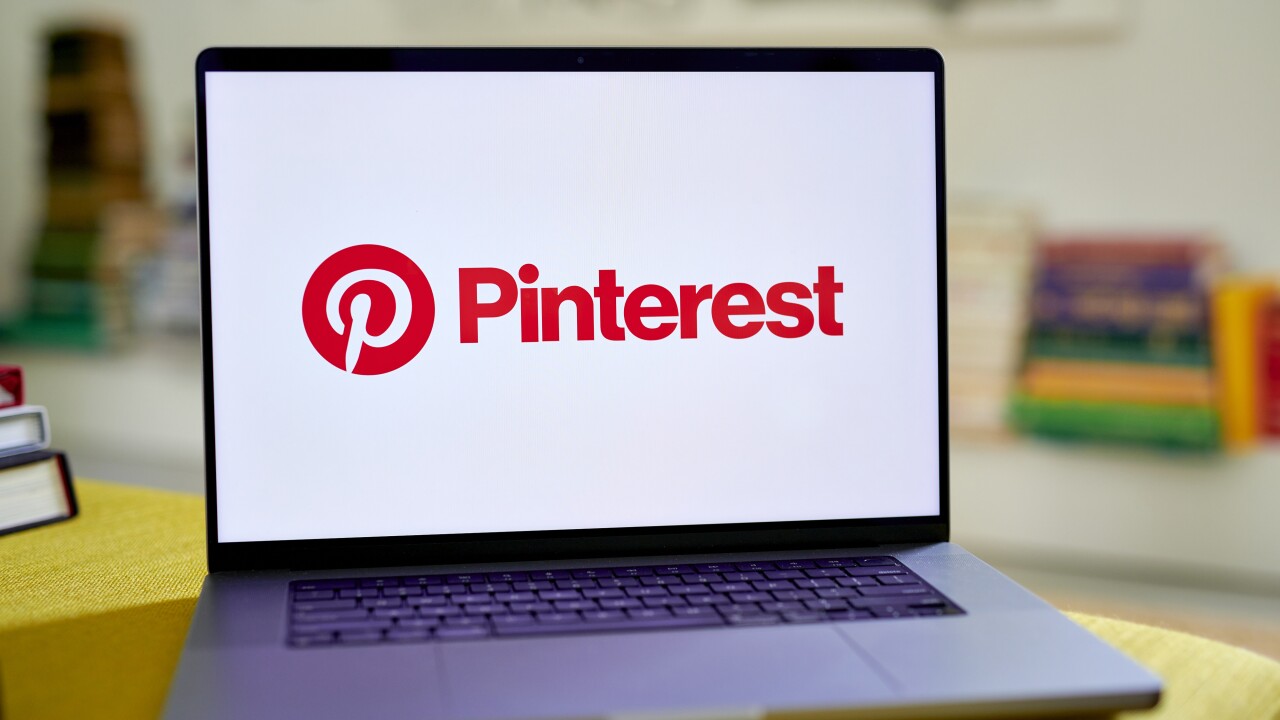Tuesday morning, the 2012 Employer Health and Human Capitol Congress kicked off in Washington, D.C., with Sen. Amy Klobuchar (D-Minn.) and Rep. Ron Kind (D-Wis.) emphasizing the role of employers in pushing for payment reform in the health care system and advancing health information technology, which could drastically change health care spending and costs to both employees and employees.
Health care costs account for 18% of the GDP, and with three in five Americans covered by employers, a large segment of the population can be reached through private enterprise.
“Wellness programs aren’t a silver bullet, but you can insure that a baby will be born healthy and prevent diseases down the road,” said Klobuchar, adding that to get the economy back on track, employers must focus on the overall health care system.
The main focus was on advances in medical technologies, which are largely off the radar for most benefit managers and employers. A recent survey by the Midwest Business Group on Health showed a general belief that electronic health records could help with costs, but a lack of knowledge on how exactly it could cut costs. The Patient Protection and Affordable Care Act also came up, on which Kind made sure to provide a disclaimer.
“I know it’s controversial, but there are things in it that make sense like payment reform and delivery system reform,” Kind said. He also pointed to employers as crucial in moving progress along with more demand for better outcomes and cost control.
An audience member mentioned the daunting task that states now face in establishing their own essential benefit guide and how it throws national employers for a loop in dealing with varying standards and requirements across state lines.
On this point, Kind’s commented: “We’ve been operating under that nightmare for sometime,” alluding to already existing state insurance departments that largely have varying regulations. Over the long term, he said he envisioned “that we’d allow cross-border collaboration; if [states] want to mesh their requirements together, they could.” He also said one the greatest fights in Washington, federalism versus states’ rights may have come into play when making the decision.
Another audience member asked about a recent op-ed in the New York Times that proposed private insurance companies would become obsolete by 2020 because of the growth of accountable care organizations.
Kind danced around the question, but did say, “The way the exchanges are set up almost guarantee their survival for at least some time,” because there is no public option. “It’s difficult to compare providers through the exchange and we’re hoping to create a more vital competitive marketplace, which will make your decisions more logical if you can compare apples to apples.”
Kind also recommended employers reach out to local congressional offices to partner on health care information exchanges and possibly get involved with the Bipartisan Workplace Wellness Caucus.





